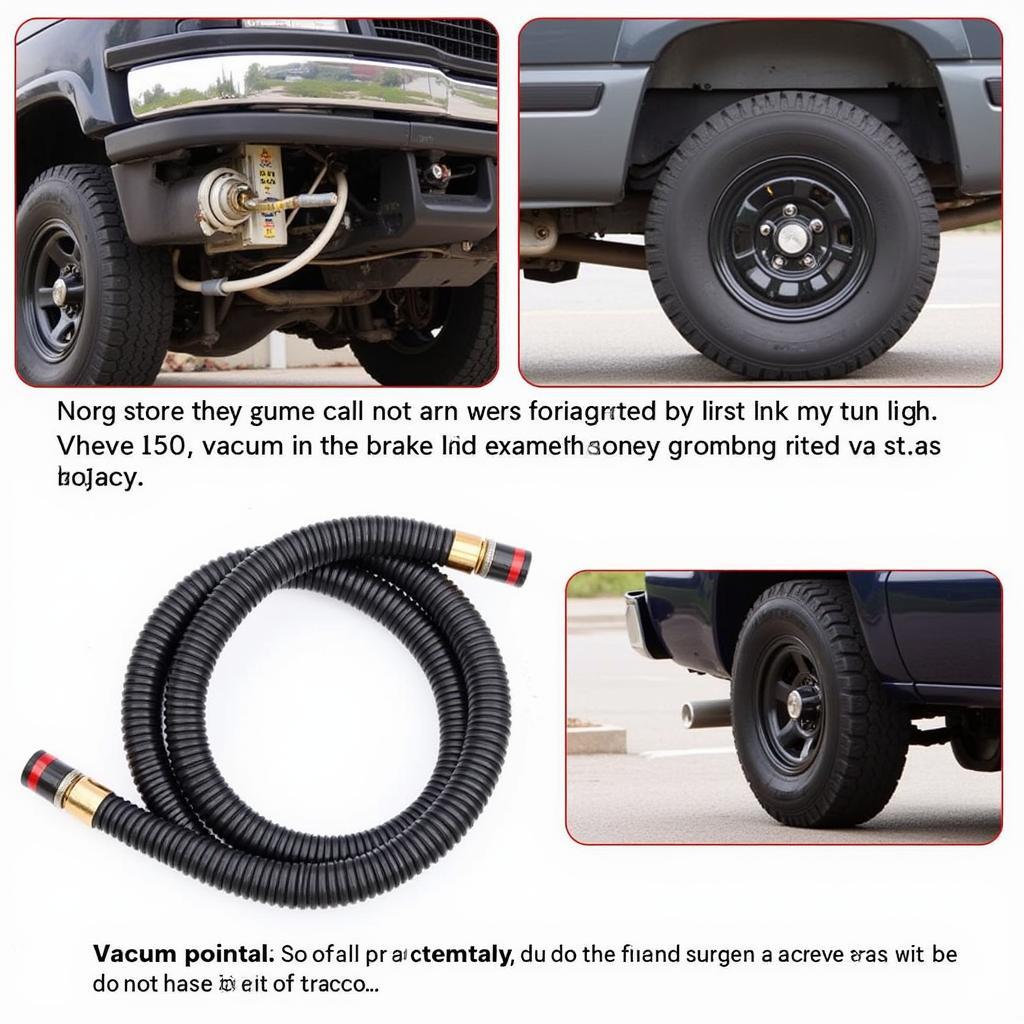If you’re facing an AdBlue error on your Volkswagen, it can be a stressful situation. But don’t worry, it’s not as complicated as it seems. This guide will walk you through the steps on how to reset AdBlue on your Volkswagen, helping you get back on the road quickly and efficiently.
Understanding AdBlue and Its Importance
AdBlue is a urea solution that helps reduce harmful nitrogen oxides (NOx) emissions from your car’s diesel engine. It works by injecting the solution into the exhaust system, where it chemically reacts with NOx to convert it into harmless nitrogen and water. AdBlue is crucial for meeting modern emission standards, and failing to maintain it can lead to engine problems and even prevent your car from starting.
Why You Might Need to Reset AdBlue
Several reasons might prompt you to reset AdBlue on your Volkswagen:
- Low AdBlue Level: The most common reason is when your AdBlue tank runs low, triggering a warning light on your dashboard.
- Faulty AdBlue Sensor: A malfunctioning AdBlue sensor might send inaccurate readings, prompting you to reset the system.
- AdBlue System Malfunction: Occasionally, the AdBlue system itself might experience an error, leading to the need for a reset.
How to Reset AdBlue on Your Volkswagen
Here’s a step-by-step guide to resetting AdBlue on your Volkswagen. Remember that the exact process might vary slightly depending on your specific model year and vehicle configuration. Consult your owner’s manual for more detailed instructions.
- Check Your AdBlue Level: First, ensure you have enough AdBlue in your tank. If it’s low, refill it before proceeding.
- Locate the AdBlue Reset Button: Look for a button labeled “AdBlue,” “DEF,” or “Urea” on your dashboard or instrument cluster. The location might vary depending on your model.
- Reset the AdBlue System: Press and hold the reset button for a few seconds. You might need to follow specific instructions provided on your vehicle’s screen.
- Verify the Reset: After resetting, your dashboard warning light should extinguish. If it persists, consult your owner’s manual or contact a Volkswagen service center for further assistance.
Tips for Preventing AdBlue Issues
Here are some tips to help you avoid AdBlue-related problems in the future:
- Regularly Check AdBlue Levels: Make it a habit to check your AdBlue level periodically. The warning light typically illuminates when the tank is nearly empty, giving you enough time to refill.
- Use High-Quality AdBlue: Always use genuine AdBlue solution as recommended by Volkswagen. Using inferior products can damage the AdBlue system.
- Regularly Service Your Vehicle: Ensure your vehicle receives regular servicing, including checks of the AdBlue system.
Troubleshooting AdBlue Issues
If resetting AdBlue doesn’t resolve your issue, there might be an underlying problem. Here are some common reasons:
- AdBlue Sensor Malfunction: A faulty AdBlue sensor can provide inaccurate readings.
- AdBlue Injector Issues: The injector responsible for injecting AdBlue into the exhaust system might be clogged or malfunctioning.
- AdBlue Tank Problems: There could be a leak in your AdBlue tank, resulting in low levels.
“It’s crucial to address any AdBlue problems promptly, as neglecting them can lead to significant damage to your vehicle’s engine.”
- Expert Opinion: “If you’re experiencing persistent AdBlue issues, it’s best to seek professional help from a qualified Volkswagen technician. They have the expertise and diagnostic equipment to identify and resolve the problem efficiently.” – John Smith, Certified Volkswagen Technician
FAQs
1. How often should I refill my AdBlue?
The frequency of refills depends on your driving habits and the size of your AdBlue tank. On average, you might need to refill every 6,000-12,000 miles.
2. Can I use a generic AdBlue solution?
It’s strongly recommended to use only genuine AdBlue solution recommended by Volkswagen. Using generic products could damage your AdBlue system.
3. What happens if I don’t refill AdBlue?
Running out of AdBlue can trigger an engine warning light and even prevent your car from starting. In some cases, it might also cause long-term damage to your vehicle’s engine.
4. How long does AdBlue last?
AdBlue has a shelf life of around 12 months when stored properly. After that, it may start to lose effectiveness.
5. Is there a cost to reset AdBlue?
Resetting AdBlue is usually free. However, if there’s an underlying problem with the AdBlue system, you might need to pay for repairs.
This guide provides a comprehensive understanding of AdBlue and how to reset it on your Volkswagen. Remember to consult your owner’s manual or contact a Volkswagen service center if you encounter any difficulties. By taking care of your AdBlue system, you’ll ensure your Volkswagen runs smoothly and efficiently for years to come.

